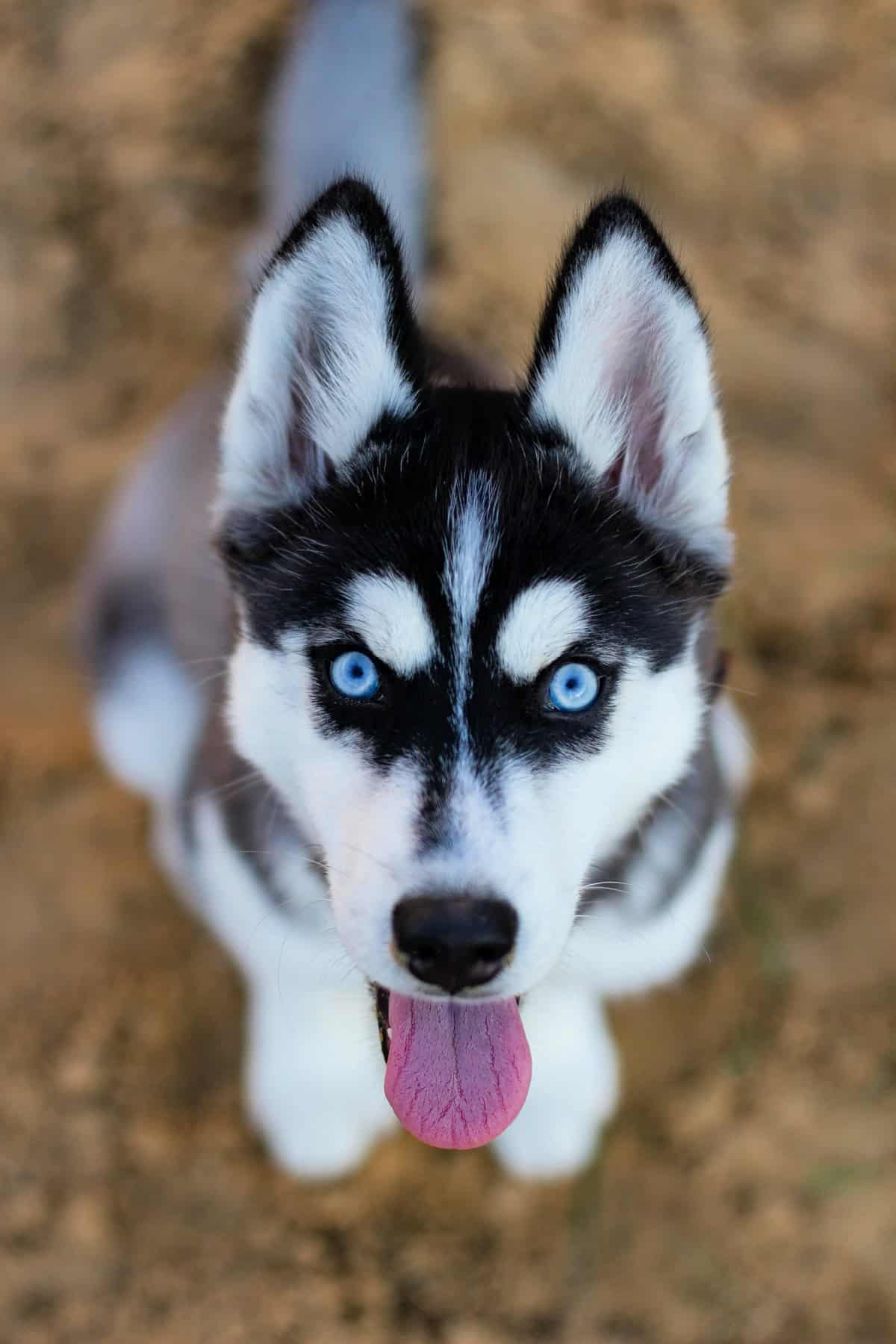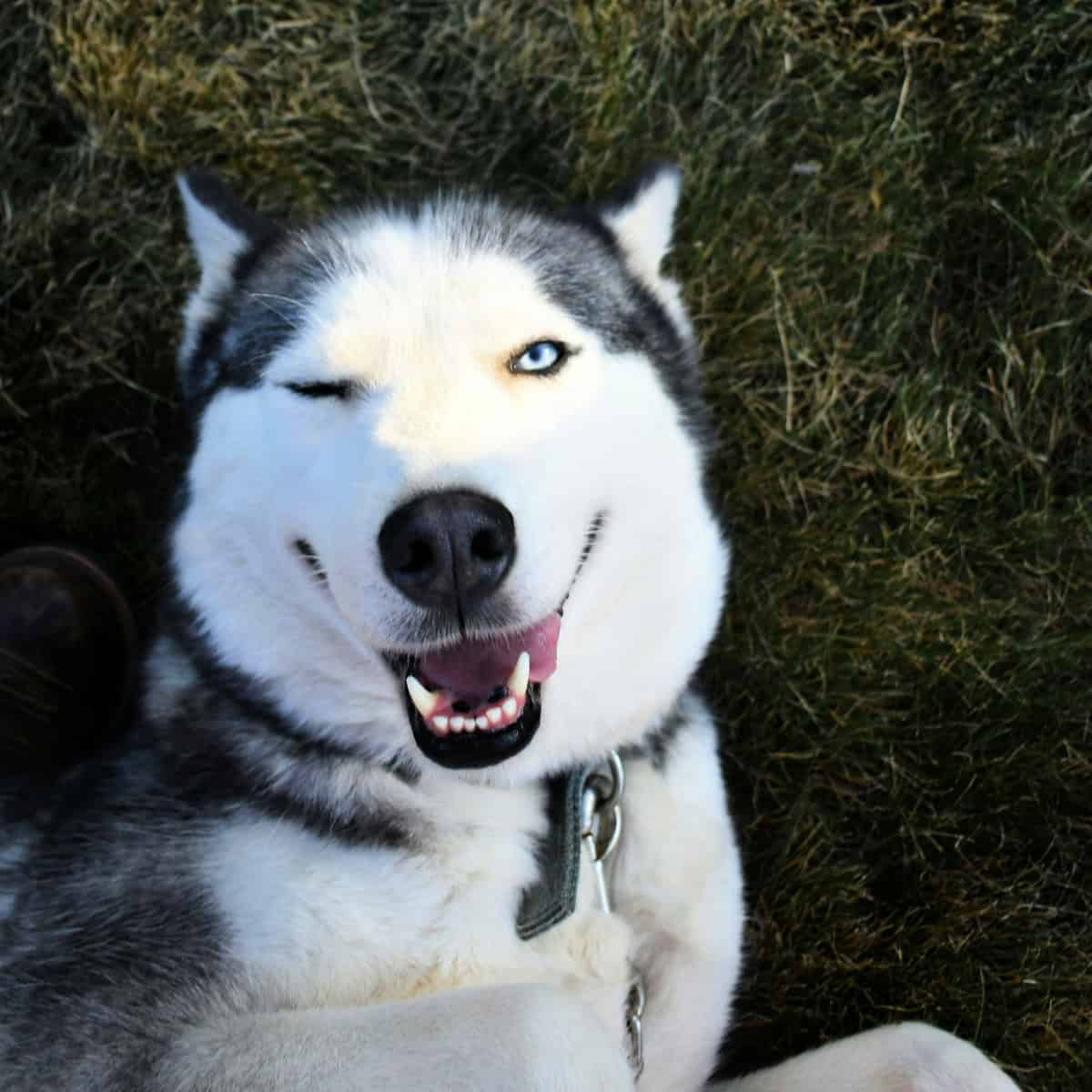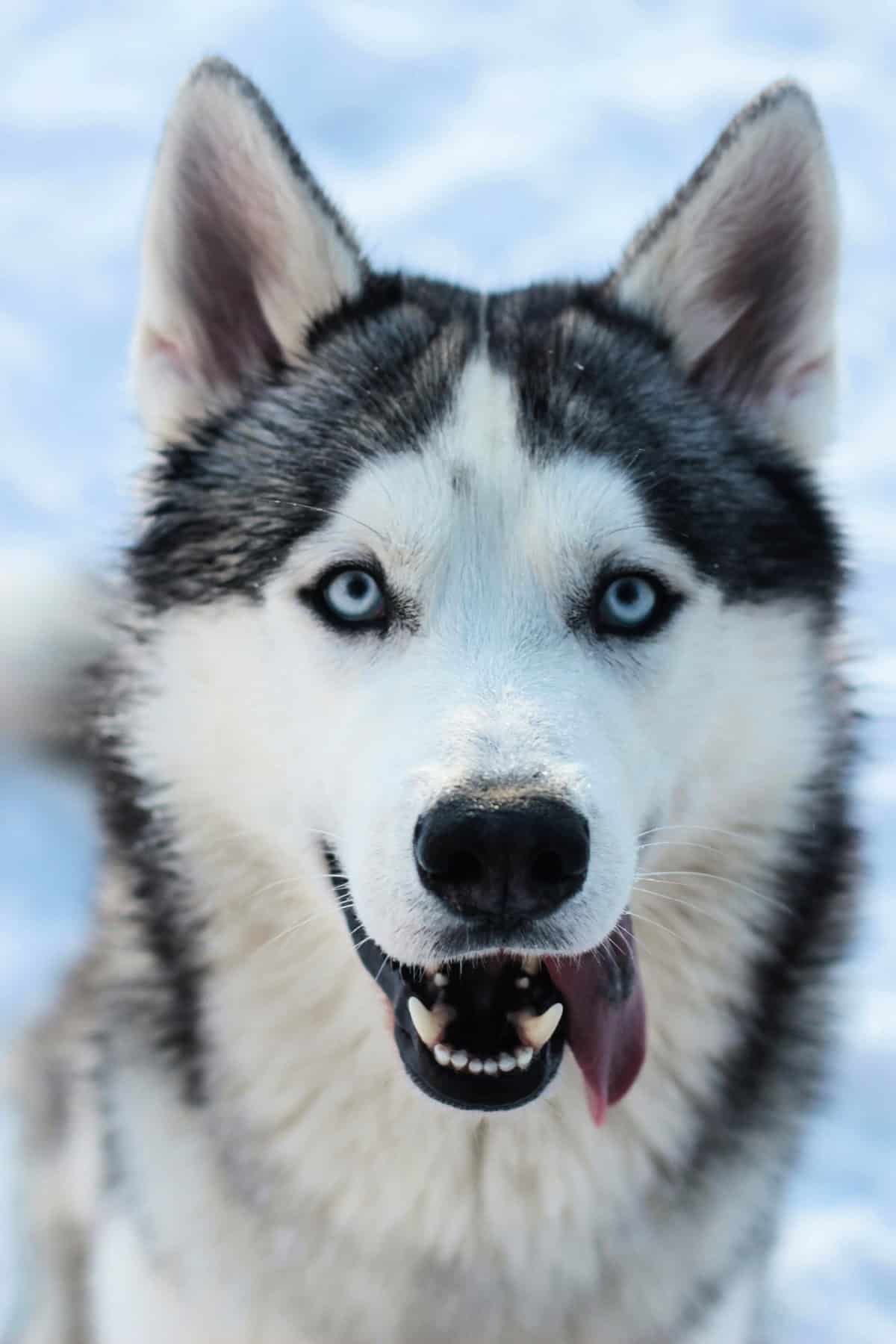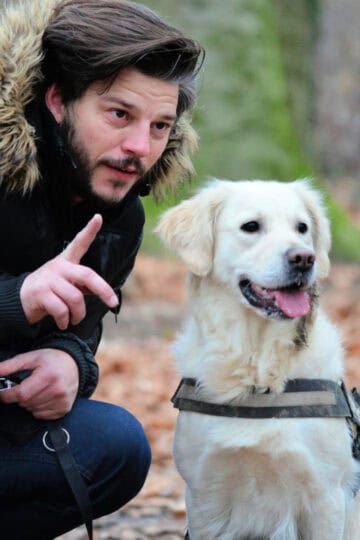If you are considering adopting a husky, there are a lot of facts to consider, and their health is the most important one. Compared to the others, they are healthy, but it does not mean they are always disease-free. Check out these 12 Most Common Husky Health Issues and What to Do about Them.

Huskies are a well-loved dog breed due to their beauty, playful personality, dramatic howls, and many other adorable attributes. These outgoing pups are always ready for their next challenge when with friends and family.
12 Most Common Husky Health Issues and What to Do about Them
This article will discuss the twelve most common husky health issues to help you understand what to check on your dog's genetic report, which symptoms you must be careful about, and which issues need regular screening. Let's get started!
- Progressive Retinal Atrophy (PRA)
PRA is a degenerative disease that affects the photoreceptors of a husky's eye, eventually leading to complete blindness. As a primary symptom, you might notice your pup suffering from reduced night sight. Subsequently, you will notice issues regarding its daylight vision; it might see nothing in a year.
PRA is an inherited disease, and it doesn't have a cure. Your pup won't be able to avoid it if it has been passed down from a generation. Husky breeders in Florida know their dogs' family history. To avoid the condition, have an open discussion about the health history of your potential puppy’s family. Also, you may detect it early if you make your dog undergo PRA screening.

- Follicular Dysplasia
Another common genetic disease huskies suffer from is follicular dysplasia which is seen in huskies aged about four to five months. It leads to extensive hair loss due to abnormal hair follicle growth. It can also cause uneven, patchy, and irritated skin.
Unfortunately, this condition is also not curable. But to soothe the affected pup's skin irritation and other associated symptoms, some vets recommend pet owners use specific topical applications, antimicrobials, and shampoos as needed.

- Hypothyroidism
Thyroid gland is one of the most important body parts for many mammals. Hormones secreted by this gland regulate the metabolism of a husky's body. Hypothyroidism is a condition in which the amount of secreted thyroid hormone is below its normal range, which damages and slows down the metabolism system.
Hypothyroidism is a serious issue as it makes carrying out the daily activities of a husky very difficult. It causes general lethargy, heart issues, anorexia, extensive fur loss, obesity, mobility struggles, and many other problems. As this condition impacts the whole body, you must immediately contact a veterinarian if you feel your husky has this disease.
Hypothyroidism is not fully treatable, but hormone replacement medications prescribed by your veterinarian can reduce its impact and help your pooch manage its daily difficulties.
- Corneal Dystrophy
Another hereditary disease of the eye includes corneal dystrophy, which usually hampers the cornea of the eyes. In this condition, small whitish dots are seen in a husky's cornea, which might experience opaqueness and, sometimes, hazy vision.
Corneal dystrophy is a painless disease. Therefore, it does not need treatments unless it advances to ulceration that can permanently impact your puppy’s vision.

- Cataract
Vision problems or blindness is a big health issue for husky breeds, and one of these common eye disorders include cataracts which can be developed as early as three to eighteen months of age. Cataracts occur when cloudiness develops in the lens of a husky's eye due to the accumulation of proteins that can block, deform, or harden the lens, ultimately leading to blindness.
Cataracts are often hereditary, but they are found in diabetic huskies as well. Fortunately, this condition is treatable by surgery, removing the cloudy lens from the affected eye and restoring sight.
As a careful first-time pet owner, you can stay up-to-date on your husky's vision by regularly checking its eyes with your vet, especially during its first year. This is the period when cataracts usually form in huskies, and the checkups can be a great indication if they will have to endure vision loss afterward.
- Hip Dysplasia
Even though huskies are known for their splendid physical abilities and immense strength, hip dysplasia makes many huskies inactive. It is a condition in which the hip and joint socket are incorrectly aligned, leading to incorrect or poor mobility. This condition is usually genetically passed down and is one of the huskies' most serious health issues.

Hip dysplasia causes severe pain and discomfort in huskies leading to difficulty in walking, lameness, and in some puppies, immobility. It can also advance to arthritis. In some unlikely cases, both of the hips are affected by dysplasia.
It has no age limit and can appear in any part of life. For some dogs, the condition may develop in middle age, and for some, it may appear during old age. However, knowing the symptoms of this condition can make the diagnosis early and lessen the gravity in the future.
Treatments for hip dysplasia are quite expensive. If it can be detected early, several treatment options will open for you, including physical therapy, stem cell therapy, supplements, medication, surgery, and more. Although, surgery is usually the most recommended one.
However, if it progresses to arthritis, pain mitigation is the only available cure. To reduce their pain, you will need to ensure that your dog receives a healthy diet, at a proper weight, and at the time of exercise, they are treated easily.

- Zinc Deficiency
Like humans, dogs also require zinc up to a certain range to maintain their optimum health. When huskies go through zinc deficiency, they may suffer from extensive hair loss on their lip, chin, elbows, feet, and eyes.
The solution to this condition is simple - zinc supplements. However, you must consult a vet before adding anything to your dog's diet because excessive supplements may produce overdose symptoms.
- Uveodermatologic Syndrome
It is another familiar eye condition of huskies. However, this disease also hampers the skin and nervous system and is difficult to diagnose.
It usually shows its initial symptoms in the eyes of a husky. Many pups experience redness in the eyes and sometimes impaired vision. When the disease gets serious, it can cause blindness as well. However, the skin conditions that occur in this disease are only cosmetic.
- Heat Stroke
Exposure to excessive heat may make your husky undergo heat strokes. Avoid this occurrence by ensuring your dog drinks sufficient water daily. Also, the space in your garden where it stays should be cool and have shadows.
- Poisoning from Plants
Your garden may be mesmerizing and soothing, but it may be dangerous for your beloved huskies. Poisonous plants, such as Peace Lilies, Chrysanthemums, Amaryllis, Ferns, and many others, can produce lethal effects if your husky consumes them accidentally.

Sometimes, your pup may wish to have a grass diet, which increases the chance of poisoning to many folds. If you notice your husky having vomiting, convulsions, seizures, and other, do not waste any time and immediately contact your vet for help.
- Hot Spots
Dogs have a habit of licking their own body. Hot spots form when your husky continuously licks the same part of its body. It is a syndrome where your pup may experience skin lesions and hair loss. If a husky develops this, bacteria will spread to the other parts of its body. Consult your veterinarian, who may advise you on a suitable antibacterial spray.
- Enlarged Lymph Nodes
Some abnormal conditions can be seen in a husky; one of those abnormalities involves the lymph nodes, which become enlarged. There are several reasons why a lymph node can be enlarged. If you notice this in your husky, seek advice from your vet as soon as possible. After all, to ensure your pup remains a part of your life for longer, there is no alternative to regular checkups with the veterinarian, staying well informed, and tending to your pup with the best possible care available.
The Bottom Line
Huskies are not the easiest breed to be taken care of. To be a responsible owner and to make your dog happy, you must put effort and time behind your pup. You need to take them to vet often, offer them supplements like dog-specific probiotics, and be mindful of any early signs of illness so you can begin treatment quickly.





Leave a Reply